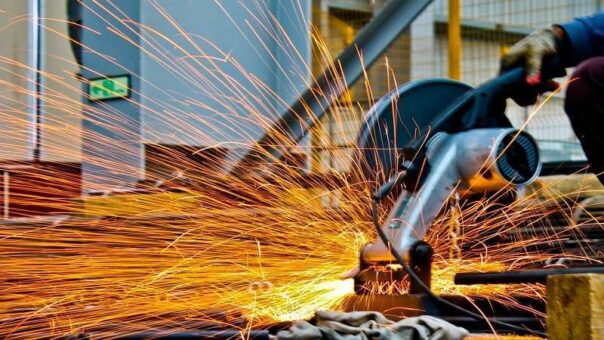The Pakistan Association of Large Steel Producers (PALSP) has formally petitioned Finance Minister Muhammad Aurangzeb, urging an end to what it describes as discriminatory tax practices that adversely affect the steel sector compared to other industries.
The PALSP plea highlights a significant disparity in the levy of turnover taxes, where favored sectors enjoy a reduced rate of 0.5 percent, while the steel industry, among others, is subject to a higher rate of 1.25 percent.
Despite previous announcements in the Finance Bill 2023-24 proposing a reduction of the turnover tax from 1.25 percent to 1 percent for struggling industries like steel, this measure was notably absent in the subsequent Finance Act. This omission has prompted the steel producers to call for equal treatment across all sectors to foster a more equitable and growth-conducive business environment.
The PALSP communication stresses the importance of fair tax practices as essential for encouraging further investments and technological advancements within the steel industry. The steel sector, poised for expansion and modernization before the current economic downturn, now finds itself in a precarious position due to the financial crisis compounded by the massive devaluation of the Pakistani Rupee (PKR). This devaluation has artificially inflated turnover figures, severely squeezing profit margins and leading to the shutdown of numerous mills.
As the backbone of any robust economy, the steel industry’s health is crucial, yet it remains overlooked in Pakistan, the association argues. Approximately 70% of the raw materials required for steel production are imported, making the industry highly vulnerable to currency fluctuations and global market dynamics.
With an annual contribution of more than Rs 300 billion to the national exchequer and providing millions of direct and indirect jobs, the steel industry is a major economic driver in Pakistan. In recent years, leading players within the sector have diversified, boosting exports of non-ferrous products. This has positioned the steel industry as the fifth largest exporting sector in the country, with significant exports worth USD 1.35 billion in copper and aluminum ingots.
The call for action from the Pakistan Association of Large Steel Producers comes at a critical time when ensuring the competitiveness of key domestic industries is more important than ever. By addressing these tax disparities, the government can help stabilize one of its core industrial sectors, promoting not only survival but also the potential for future growth and innovation in an increasingly challenging global economy.
